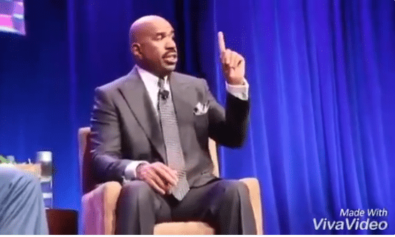“It is said that if you place a frog in a pot of boiling water it will jump out. Place him in a pot of cold water and turn it up a little at a time, and he will stay until he is boiled to death.” ~ Unknown
Emotionally abusive relationships are like that — you often don’t become aware of what’s happening until long after the patterns set in. And why is that? Because far too many people dismiss these behaviors as acceptable forms of relating. Several influences (television, movies, home, work or school environments, etc.) desensitize people in such a way that they don’t even question the actions and behaviors that prove to demean or oppress another. Unfortunately in some cases they become like the frog who ends up boiled to death.
There are several different types of behavior involved in emotional abuse. Aggressive behaviors involve the use of insults, degradation and humiliation to gain “one-upmanship” or dominance over another. Other, more passive behaviors such as invalidation, distortion, minimization and denial are used to confuse one into submission and self-doubt. Withholding, passive-aggression, threatening, placing blame and inducing guilt are other behaviors that are used to manipulate and control another.
It’s important to understand that you could be subjected to an emotionally abusive partner at any time. This is not to scare you, but instead to make you aware and educate you. And with a little information you may find that you can avoid becoming a victim. First know that there are 3 major types of emotionally abusive relationships:
• The Conditioned One. If you or someone close to you had been a victim of emotional abuse in the past there is a good chance that it will be repeated in your current or future relationships. The effect of growing up with emotional abuse in your life or in your environment may follow you unless you decide to do some serious inner-work to prevent that. I suggest educating yourself further about emotional abuse and also to seek counseling. With knowledge and support you will be able to look at the psychological and emotional patterns that you may carry which may end up attracting emotional abuse to you (Note: emotional abuse is never your fault — however sometimes conditioning causes that attraction). With help you will learn how to break those patterns to prevent it from happening again…
Read More: huffingtonpost.com


